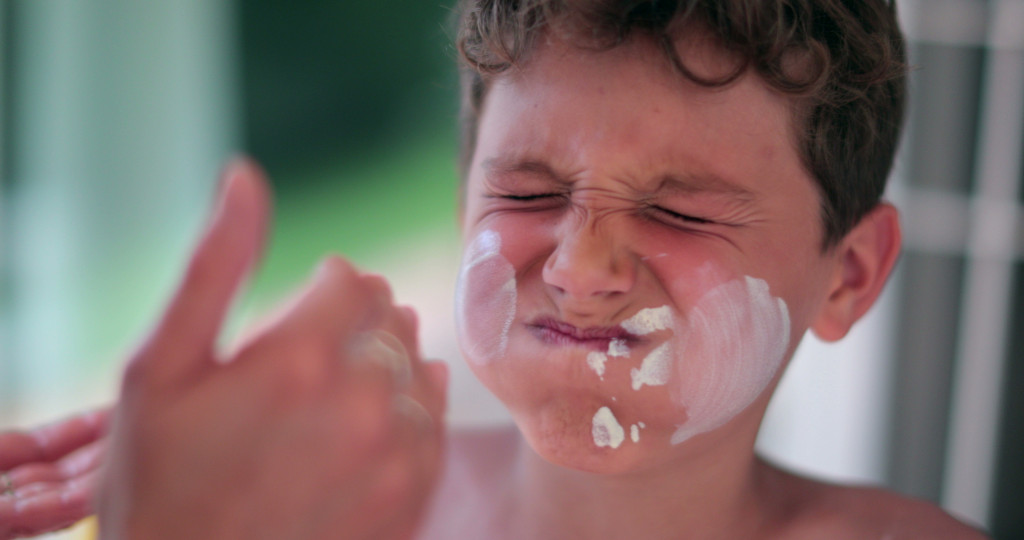- Common causes of fever in children include viral and bacterial infections, vaccinations, and allergies/irritants.
- Most fevers don’t require medical attention unless they reach 103°F (39°C) or higher.
- If your child is experiencing any symptoms along with a fever, contact their doctor immediately.
- Home remedies such as giving your child plenty of fluids and administering ibuprofen or Tylenol can help reduce a mild fever.
- Be aware of when to seek medical advice and be prepared if your child ever has a fever.
A fever can be one of the most problematic symptoms for parents, especially regarding their children. While a fever is usually nothing serious and can often be managed with simple home remedies, there are times when an elevated body temperature should warrant a visit to the doctor. So what are some common causes of fever in children, and when should you worry? Here’s a breakdown.
What Causes Fevers in Kids?
For many parents, the word “fever” can cause panic. After all, it’s natural for parents to worry when their little ones become sick. But what causes fevers in kids?
Viral Infections

Viral infections are among the most common causes of fever in children. Viruses usually cause colds and flu-like symptoms like coughing, a runny nose, and a fever. Some common viral infections that can lead to a fever include the common cold, influenza, chickenpox, and roseola. Be sure to check with your doctor if your child is running a high fever (over 102 degrees Fahrenheit) or if their fever lasts longer than three days.
Bacterial Infections
Bacterial infections are another common reason why children develop fevers. These infections are usually more severe than viral infections and require antibiotics to treat them properly. Common bacterial illnesses that can cause fever include strep throat, urinary tract infection (UTI), ear infection, bacterial pneumonia, meningitis, and sinusitis.
It’s essential to consult with your doctor immediately if you suspect your child has any type of bacterial infection causing their fever so they can receive the proper treatment promptly.
Vaccinations
Some vaccinations may also cause a low-grade fever in children for up to two days after administering the injection. A vaccine works by introducing an inactive virus or bacteria into the body, which then helps build immunity against that particular illness in the future.
While some vaccinations may cause mild side effects such as low-grade fevers or soreness at the injection site, these side effects should go away within 48 hours after getting vaccinated, with no further medical intervention needed.
Allergies/Irritants
A less common but still possible cause of fevers in kids is allergies or irritants such as pollen or pet dander that trigger an immune response from the body, leading to inflammation and an elevation in temperature—which translates into a low-grade fever for some people. If you suspect allergies or irritants may be causing your child’s fever, talk to their doctor about allergy testing and ways to reduce exposure to whatever triggers in your home environment.
When Should You Worry?
Most fevers don’t require medical attention unless they reach 103°F (39°C) or higher—at this point, you should contact your pediatric healthcare provider right away for advice on how best to proceed.
Fevers that come on suddenly or persist for more than three days may also need medical treatment depending on their severity and any accompanying symptoms your child may have (such as shortness of breath).
If your child is experiencing any of these symptoms along with a fever, you should contact your doctor immediately for further advice. Furthermore, if your child has recently been vaccinated, you should call your doctor if their fever persists after 24 hours post-vaccination.
Home Remedies

While knowing when a fever should warrant medical attention is essential, several home remedies can help reduce a mild fever in children. This includes:
- Giving your child plenty of fluids
- Keeping them cool with fans and light clothing
- Applying lukewarm compresses or sponging with lukewarm water
- Administering ibuprofen or Tylenol (be sure to follow the correct dosage instructions for your child’s age and weight)
- Keeping them comfortable in a quiet, dark room
It’s important to remember that fevers can be a sign of something more serious, so be sure to monitor your child’s symptoms and contact their doctor if they’re not improving or are getting worse.
Final Thoughts
Fever in children can be incredibly worrying for parents, but it’s important to remember that most cases are not severe and can be managed at home with rest and fluids alone. Understanding the common causes of fever and when to seek medical advice can help ensure your child gets the best care possible. With some knowledge and preparation, you’ll be prepared if your child ever has a fever—and you may even find that such episodes are far less problematic than you thought!

